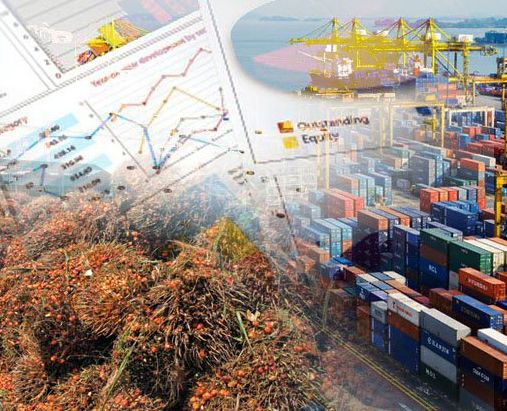31 Jan 2018

The foreign exchange contribution of Indonesia’s palm oil also increased. This is in line with the increase in export volume and price, which is quite good.
In 2017, the export value of Indonesia’s palm oil reached USD22.97 billion. This figure increased by 26 percent compared to 2016, which reached USD18.22 billion.
"This export value is the highest value throughout the history of Indonesia’s palm oil exports," said Togar in a press conference at the GAPKI Head Office, Tuesday (1/30/2018).
GAPKI also noted, almost all main destination countries for Indonesia’s palm oil exports recorded increased demand. The main destination countries for Indonesia’s palm oil exports are India, China, Pakistan, Bangladesh, the United States, the European Union, and Africa.
Indonesia’s palm oil demand from India increased by 32 percent. Meanwhile, the demand from China increased by 16 percent, African countries 50 percent, and the European Union 15 percent.
Meanwhile, the demand from Pakistan increased by 7 percent, the United States increased by 9 percent, Bangladesh increased by 36 percent and the Middle East countries increased by 7 percent.
According to Togar, the Indonesian palm oil industry has also faced a number of trade barriers from several countries. The U.S. has implemented an antidumping policy on Indonesian biodiesel products.
Meanwhile, the European Union Parliament Resolution refers to a ban on palm-based biodiesel. Because, this product is considered to still cause various problems, such as deforestation, corruption, child labor and human rights violations.
India also doubled the import tax on palm oil. The Australian Senate also re-submitted the Competition and Consumer Amendment Bill (Truth in Labeling-Palm Oil).
Togar believes that trade barriers are very ironic due to export performance that still increases significantly. This shows that palm oil is still a vegetable oil that is very vital to the world and will continue to be needed in line with the population growth.
Efforts to do trade barriers, he added, will continue to be undertaken because the competition is trade vegetable oil increasingly tight. Therefore, the government is requested to be astute in viewing the problem.
Source: Kompas
© Inacom. All Rights Reserved.